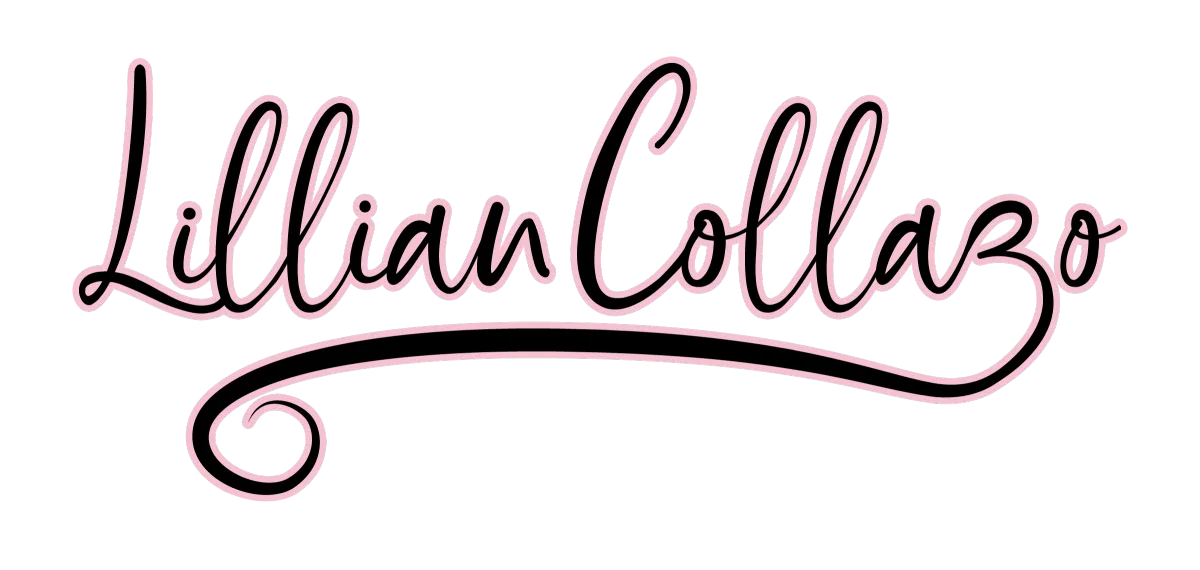Welcome Elevators!
Hello there! 👋
I'm Lillian—a proud millennial, HR professional, and lifestyle blogger on a mission to help others navigate careers, personal growth, and the chaos of adulting. Life can be a wild ride, but I’ve found my compass in goal setting, career planning, and creating systems for success.
About Me:
As someone who thrives on helping people grow, I combine my expertise in Human Resources, career development, and personal goal-setting to provide resources, insights, and motivation for those looking to level up in life and work. Whether it’s landing your dream job, organizing your finances, or simply figuring out how to adult more efficiently, I’m here to share real, practical strategies that have helped me and countless others.
My Mission:
I believe we all deserve to keep moving up—breaking barriers, pushing past obstacles, and never getting stuck on the wrong floor. Whether you’re navigating your first job, pivoting careers, or striving to shatter the glass ceiling, this community is here to support your climb. We’re not just dreamers; we’re Elevators—constantly rising, learning, and evolving.
Here You'll Find:
✅Career & HR Tips
– Job search strategies, workplace advice, and personal development
✅Goal-Setting & Productivity Hacks
– How to turn your ambitions into action
✅Lifestyle & Adulting Tips
– Simplifying finances, organization, and wellness
✅A Supportive Community
– Because no one should have to figure it all out alone
Join The Elevators!
Life is an adventure, and I invite you to grow, learn, and thrive alongside me. Whether you’re working toward your next career move or simply trying to elevate your everyday life, you’re in the right place.
Here’s to career success, personal growth, and breaking through every ceiling ahead!🚀
Cheers,
Lillian 🌟
Check out the latest goal-setting, productivity, and lifestyle posts

Certificate vs. Certification: What’s the Difference and Which One Is Right for You?
Certificate vs. Certification: What’s the Difference and Which One Is Right for You?
In today’s fast-paced, competitive job market, professional development is key to standing out. But when it comes to boosting your resume or advancing your career, you might wonder: Should I go for a certificate or a certification? While these terms are often used interchangeably, they represent two very different pathways to career growth. Knowing the difference can save you time, money, and effort.
Let’s break it down.
🎓 What Is a Certificate?
A certificate is an academic credential awarded after completing a specific program of study. Think of it as an educational stepping stone designed to build or deepen your knowledge in a specialized area.
Ideal for:
Exploring new fields.
Preparing for graduate school.
Adding niche skills to your resume.
Examples:
A digital marketing certificate from Coursera.
An interior design certificate from a local community college.
A culinary arts certificate from an accredited program.
Key Benefits:
Affordable and quicker to earn than a degree.
Perfect for career pivots or skill-building.
Can serve as a prerequisite for further studies or certifications.
Drawbacks:
Does not replace a full degree in most industries.
May not be recognized as a qualification for certain jobs.
Limited applicability in fields requiring hands-on or technical expertise.
💼 What Is a Certification?
A certification, on the other hand, is a professional credential that validates your expertise in a particular skill or field. Certifications are typically awarded by industry organizations and often require passing an exam or completing specialized training.
Ideal for:
Demonstrating your expertise.
Meeting job-specific requirements.
Advancing your career or earning a promotion.
Examples:
Certified ScrumMaster (CSM) for agile project management.
Google Cloud Professional Certification for cloud computing.
Certified Financial Planner (CFP) for financial advisors.
SHRM Certified Professional (SHRM-CP) for human resources professionals.
Key Benefits:
Boosts credibility in your industry.
Often leads to higher pay and better career opportunities.
Demonstrates commitment to professional growth.
Drawbacks:
Requires ongoing maintenance (renewals, continuing education).
Not all certifications are universally recognized.
Can be costly, especially if not employer-sponsored.
Certificate vs. Certification: Key Differences

Making Sense of Professional Growth
When deciding between a certificate and a certification, it’s important to think about how each aligns with your career goals and the value they add to your professional trajectory. Organizations like the Association for Talent Development (ATD) highlight that certifications, such as their Certified Professional in Talent Development (CPTD), are not just about validation but also about growth and long-term success.
For example, ATD emphasizes that certifications can:
Enhance credibility and boost confidence in professional roles.
Lead to better job performance and more career opportunities.
Provide measurable ROI for individuals and their employers.
This underscores why understanding the impact of certifications and aligning them with broader aspirations is essential to building a sustainable and rewarding career.
How to Choose?
Choosing between a certificate and a certification can seem overwhelming, but it ultimately comes down to your career goals and the specific requirements of your field. To simplify your decision, refer to the flowchart below for a visual guide on which path might be the best fit for you.

Final Thoughts
The flowchart above provides a quick and easy way to decide between a certificate and a certification based on your unique needs and career goals. Certificates are excellent for building foundational knowledge or exploring new fields, while certifications validate expertise and open doors to advanced roles and higher pay.
By taking guidance from organizations like ATD and aligning your decisions with your broader aspirations, you can make a smart investment in your future. Whether you pursue a certificate or a certification, remember that every step toward professional development strengthens your career trajectory.
Have you pursued a certificate or certification recently? Share your experience in the comments below! Your story might inspire someone else to take the next step in their professional journey.
*As an Amazon Associate, I earn from qualifying purchases. As an affiliate marketer I earn commission for product purchased through the links on my site.
3500 Posner Blvd #1302
Davenport FL 33837
support@lilliancollazo.com
lilliancollazo.com


